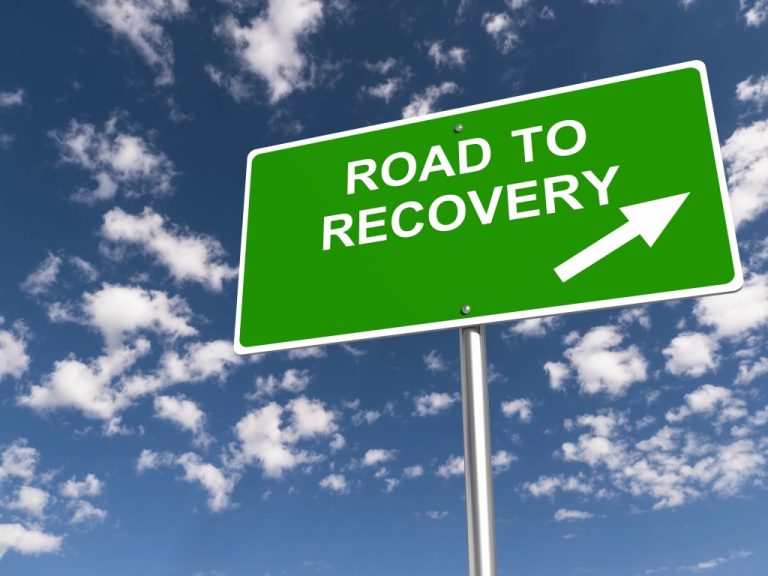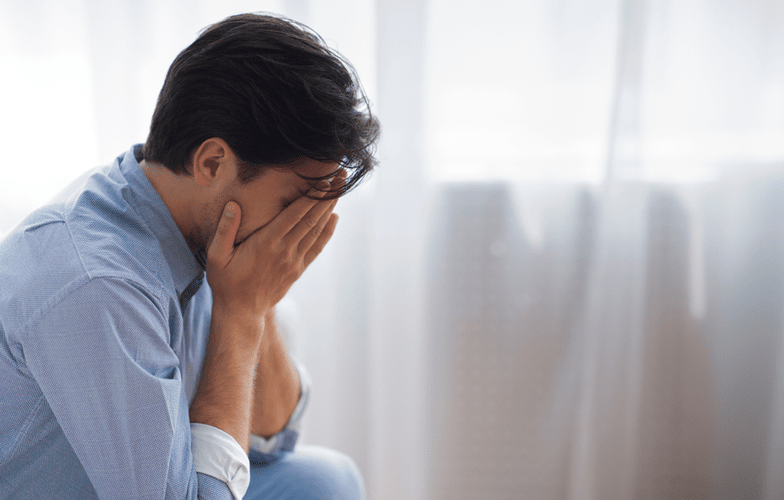Lastly, it is essential to have a comprehensive plan that includes strategies for coping with cravings and emotional distress. Engaging in therapy, support groups, and other recovery resources can provide the necessary tools to navigate the challenges of alcohol tapering successfully. This schedule is a guideline and should be adjusted based on individual needs and responses to tapering. It’s important to consult with a healthcare professional before beginning a taper, as they can provide personalized advice and monitor for any complications.

Mild Symptoms
- While this probably still reduces the risk of a seizure or DTs, it’s certainly better than just quitting completely on day one, you’re going to be putting your body and brain through hell doing this.
- Tapering off alcohol requires careful planning and may include the use of medications to assist in the process.
- I’m specifically talking about things like weed, cigarettes, and vaping.
- They can help you decide if tapering is the safest option for you.
- Another thing which happens when the function of the GABA receptor is enhanced by alcohol is that the brain tries to overcome this calming effect by producing more adrenaline and other similar neurotransmitters.
Alcohol withdrawal is a potentially serious complication of alcohol use disorder. It’s important to get medical help even if you have mild symptoms of withdrawal, as it’s difficult to predict in the beginning how much worse the symptoms Sober House could get. Your healthcare provider will recommend and encourage treatment for alcohol use disorder. Some people experience prolonged withdrawal symptoms, like insomnia and mood changes, that can last for weeks or months.
- The condition encompasses a spectrum from mild to severe, with various physical and psychological symptoms that signal its presence.
- You may find success decreasing your number of drinks by a set amount each day.
- This will be the basis of the protocol to taper off the substance to increase the chances of success.
- However, certain food groups also have benefits when it comes to helping with the discomfort of withdrawal symptoms and detoxification.
- Contact emergency health services if you or someone you know experiences more than one symptom of severe alcohol withdrawal.
- Benzodiazepines are the most common medications physicians use to taper alcohol and reduce withdrawal symptoms.
Pros and Cons of Tapering Off Alcohol Intake
I’m specifically talking about things like weed, cigarettes, and vaping. If you mess up once or twice and drink more than you intended to, don’t be too discouraged. You can continue your taper the next day from whatever point you think is appropriate. I’d try to shoot for your original goal the following day if the physical withdrawals were subsiding.

What Are Alcohol Withdrawal Symptoms?
More time to meet new people, catch up with old friends and try new things. When you consider how to go about giving up alcohol, account for factors like how much you drink and your reasons for drinking. Attending a residential rehab or outpatient program gives you coping mechanisms and life skills that can help you for years to come after treatment.

Challenges of Cutting Down on Alcohol Intake
“I feel good today but was very irritable last night. My clothes are fitting better, and my face isn’t as puffy.” Intense cravings and irritability are commonly reported after day 12. “The whites of my eyes are white again, my urine is starting to look normal, and my bowel movements are getting normal. My energy level and mental alertness are way up, and it’s only getting better.” “Starting to feel a little better. If I had the money, I would have gone to a 30-day rehab. I am still having shakes now and again. My head is in a fog constantly.” “I can’t believe the luxury of sleep! After a really hard time, I slept for two nights! Not all night, but great sleep.” “Feeling much better. Very slight discomfort in the chest occasionally. No sweating. Disturbed sleep? Yes. But I guess in a few days, I should be fine.”
Tapering and Alcohol Withdrawal Symptoms
You do not have to have reached a crisis point to check into detox. Another clue that can be an indication of an unhealthy relationship with alcohol is if you make “rules” around drinking. Attempting to stop drinking “cold turkey” is not only dangerous, but could also cause serious implications or be fatal. https://thebostondigest.com/top-5-advantages-of-staying-in-a-sober-living-house/ When you stop consuming alcohol after prolonged, heavy use, your CNS can’t respond or regulate itself fast enough. It becomes overexcited because there’s no more alcohol to slow it down. Excessive drinking can weaken the immune system, increasing the body’s likelihood of developing an infection.
- There are several ways to taper your alcohol consumption without therapy.
- Experience has shown me most people who continue using other hard substances simply get high and then continue drinking.
- Your doctor can help by prescribing medications for alcohol withdrawal that can alleviate or even stop some of your symptoms.
- If you’ve decided to quit drinking, and tapering seems like the right approach, we’ve got you covered.
- Seizures can also occur within the first 24 to 48 hours, although these are less likely to occur in people with less severe alcohol dependency.
- Patience, support, and professional assistance are the cornerstones of a successful alcohol tapering strategy.
- Withdrawal is different for everyone; there really is no “normal” and it can be hard to predict an individual person’s experience.
They can help you decide if it’s the safest way to start your recovery, and they can help you make a taper plan. There are multiple health benefits you can experience when you start drinking less alcohol. The exact benefits will depend on how much alcohol you were drinking and on factors such as your genetics, overall health, and how your body responds.
